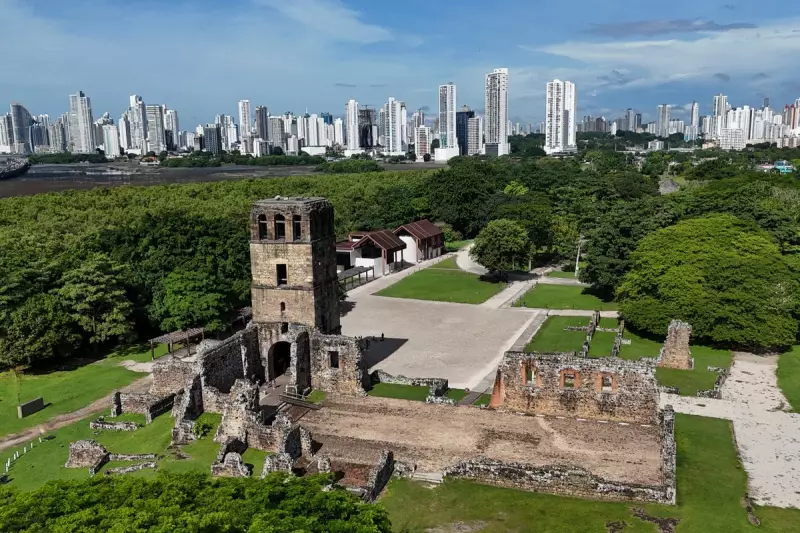
The Panama Canal, one of the world's most vital maritime trade routes, is facing an unprecedented crisis as a severe drought forces authorities to implement drastic restrictions on vessel traffic.
In a move that will reverberate through global supply chains, the Panama Canal Authority has announced it will reduce daily ship crossings from the usual 36 to just 18 by February. This represents the most significant reduction in the waterway's 109-year history.
Climate Crisis Hits Global Trade
The restrictions stem from an alarming water shortage in Gatun Lake, the artificial reservoir that supplies the canal's lock system. Water levels have plummeted to critical lows not seen in decades, creating what canal administrators describe as the "driest drought season since 1950."
"We are experiencing an unprecedented drought that has forced us to implement measures we've never taken before," stated Ricaurte Vásquez Morales, the Panama Canal Administrator. "This isn't just a local issue—it's a global trade concern."
Economic Impact and Shipping Delays
The shipping industry is bracing for significant disruptions as the new restrictions take effect. Major carriers are already implementing surcharges of up to $300 per container to offset the costs of longer alternative routes.
Vessels are facing wait times of up to three weeks, with some ships being forced to unload cargo and transport it across Panama by rail to meet weight restrictions. The situation has created a maritime traffic jam that could take months to resolve.
Long-Term Solutions and Climate Challenges
Panamanian authorities are urgently exploring solutions, including potential new water reservoirs and technological improvements to the canal's water management system. However, these measures would require significant investment and time to implement.
Scientists warn that climate change may make such extreme weather events more frequent, threatening the long-term viability of this critical trade artery that handles approximately 3% of global maritime commerce.
The Panama Canal crisis serves as a stark reminder of how climate-related disruptions can rapidly impact global economic stability, forcing industries and governments to adapt to new environmental realities.





